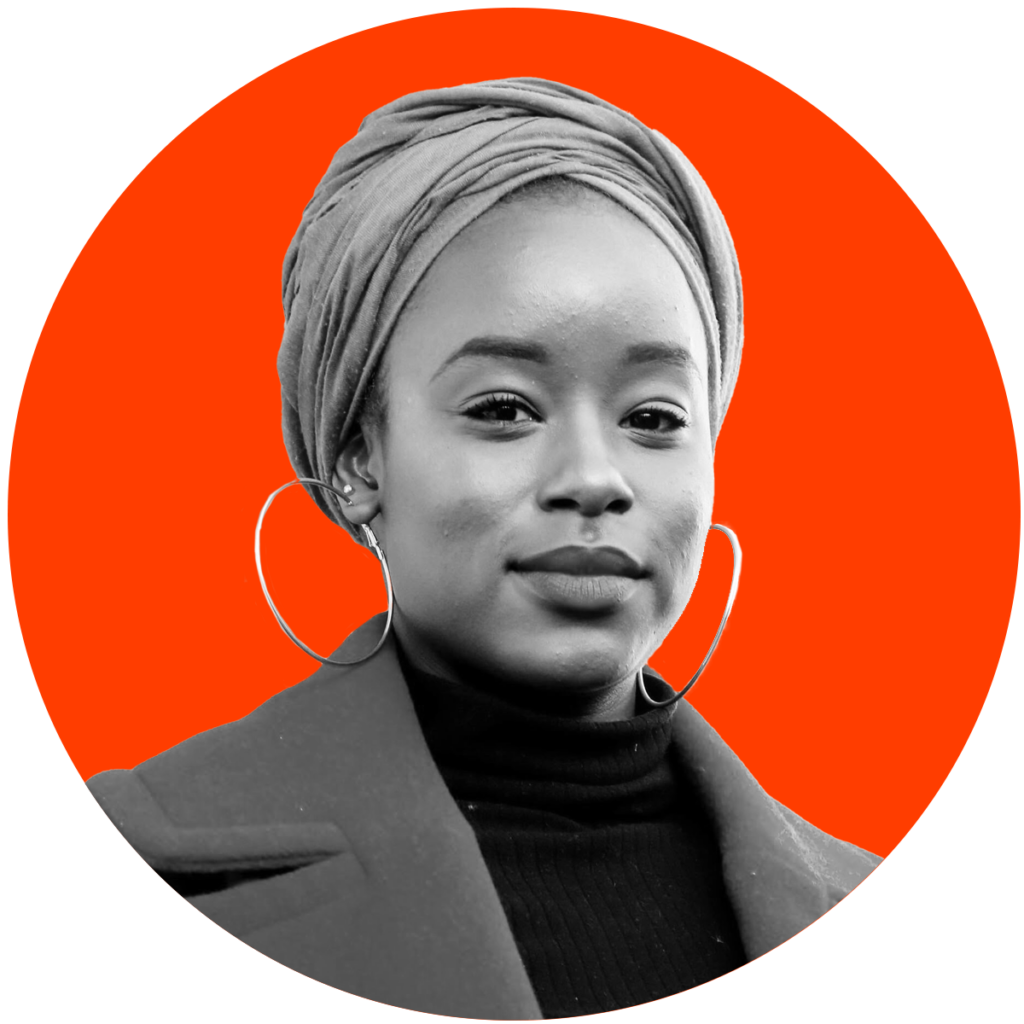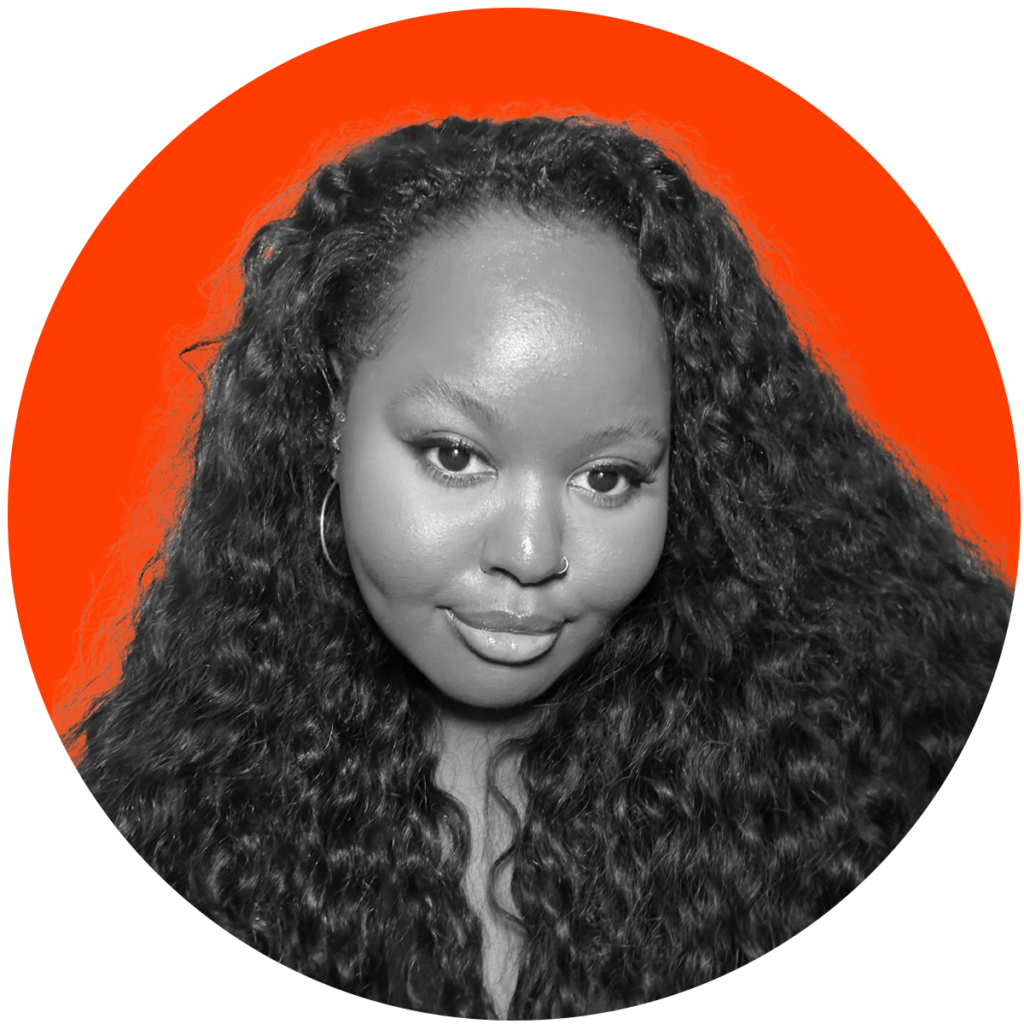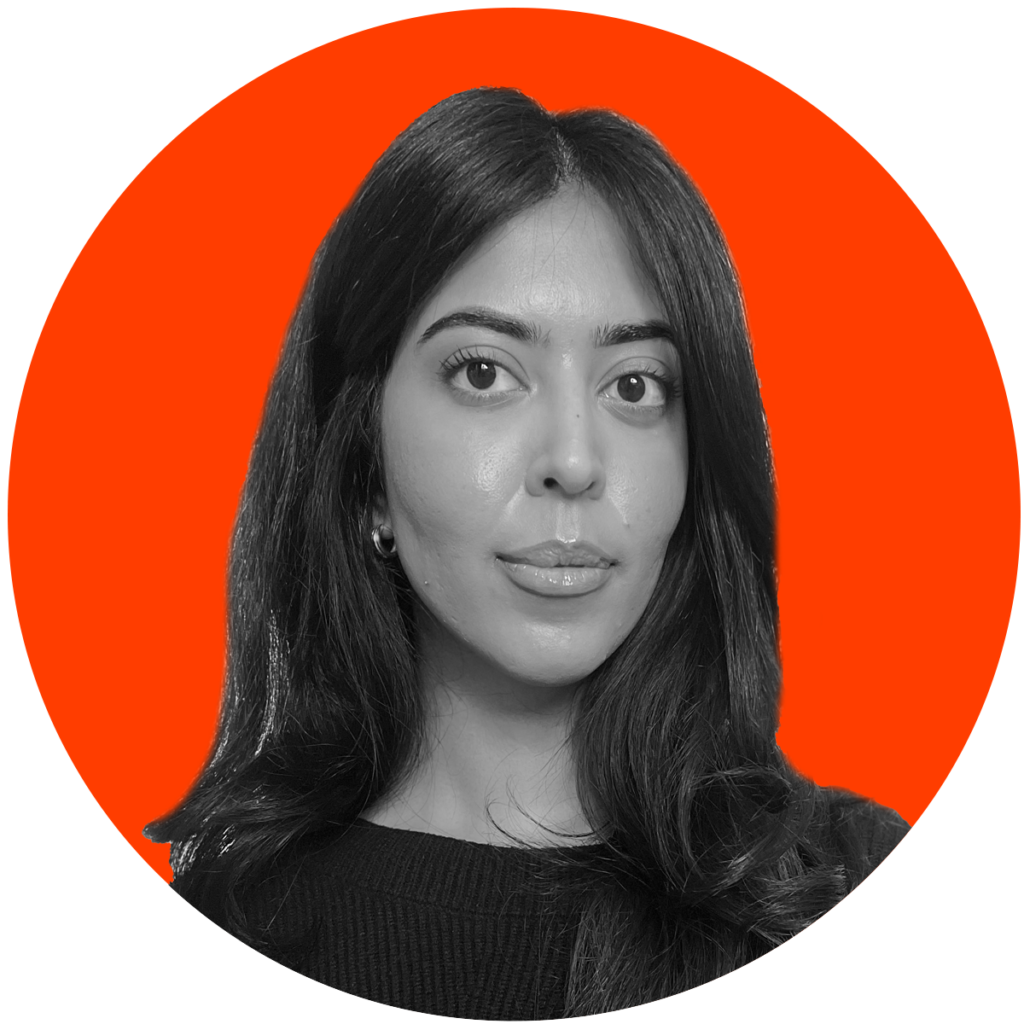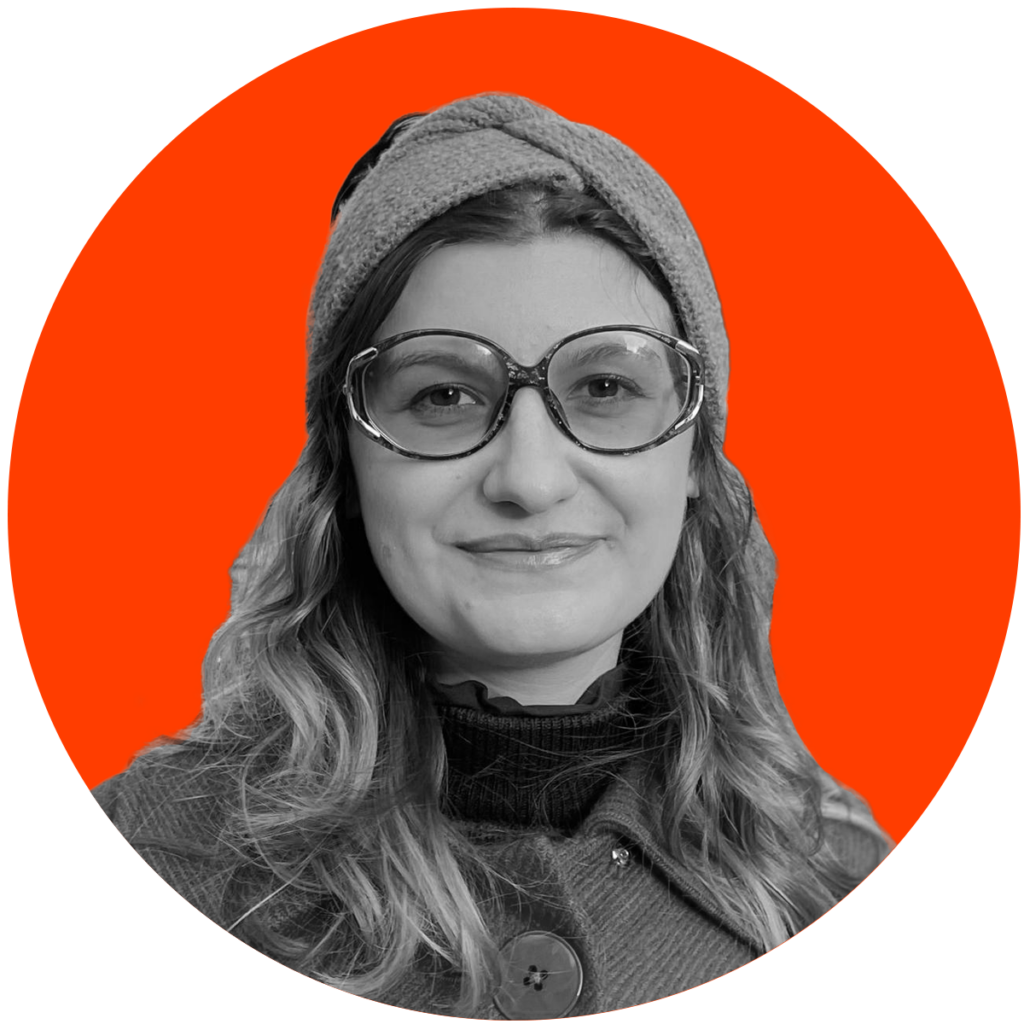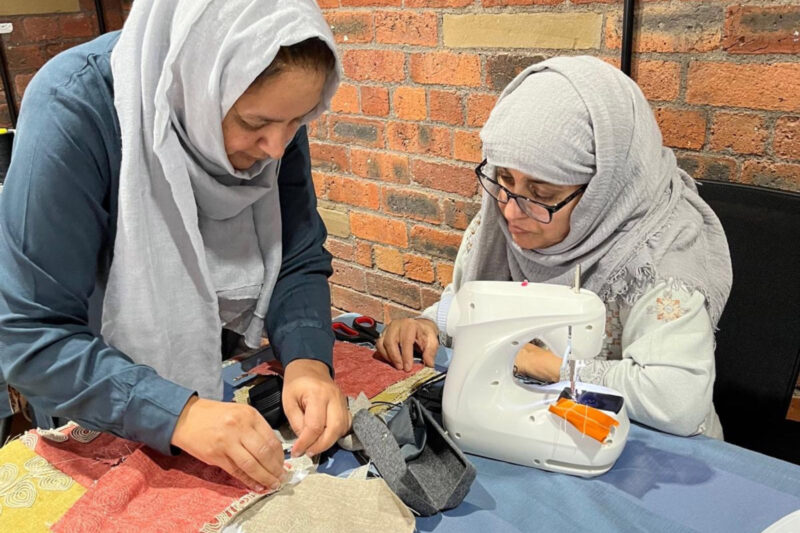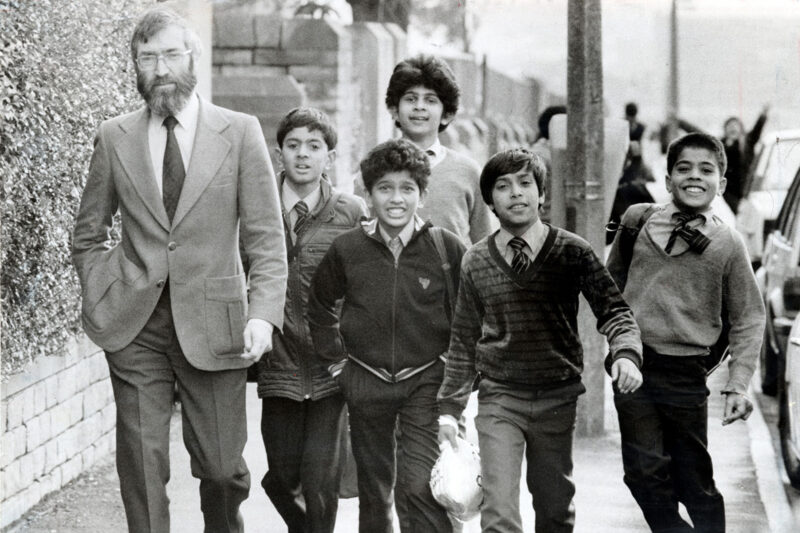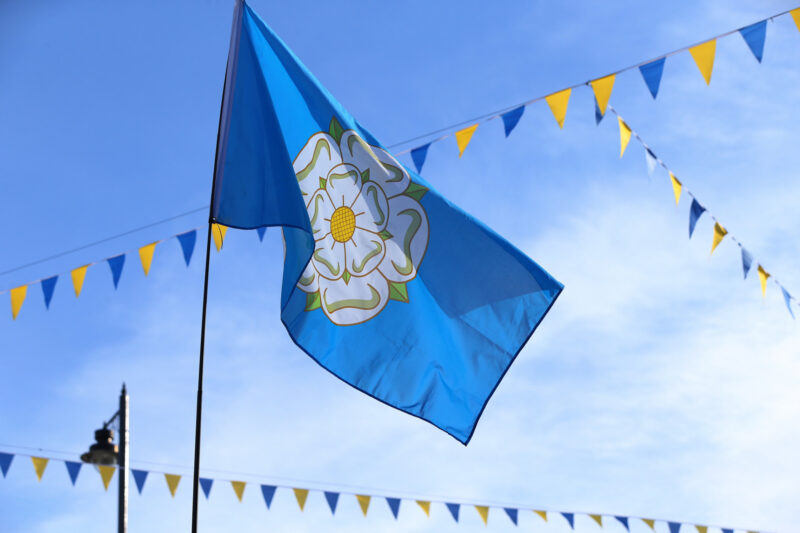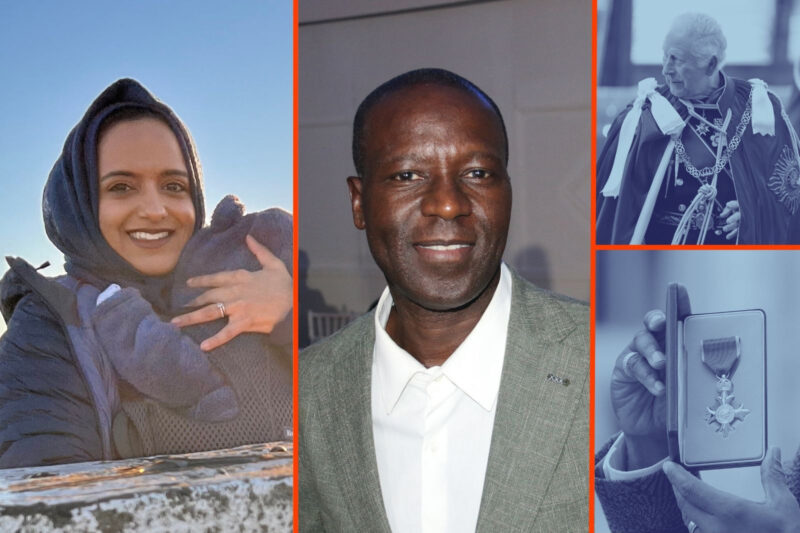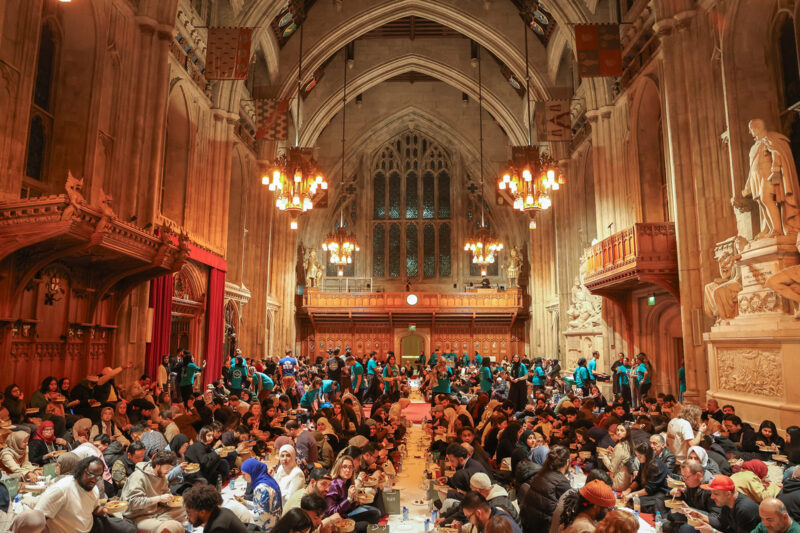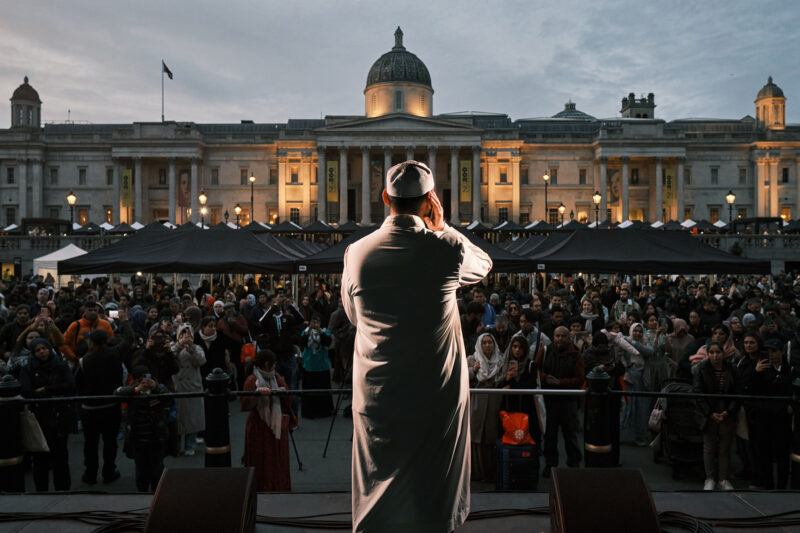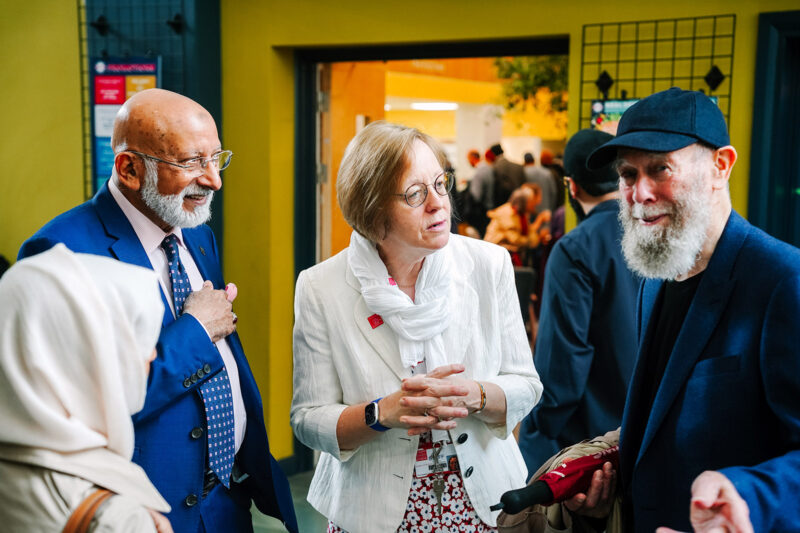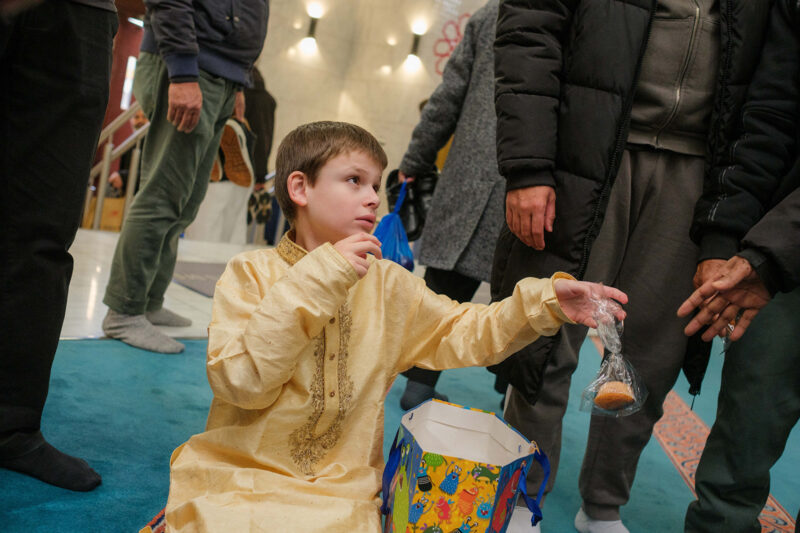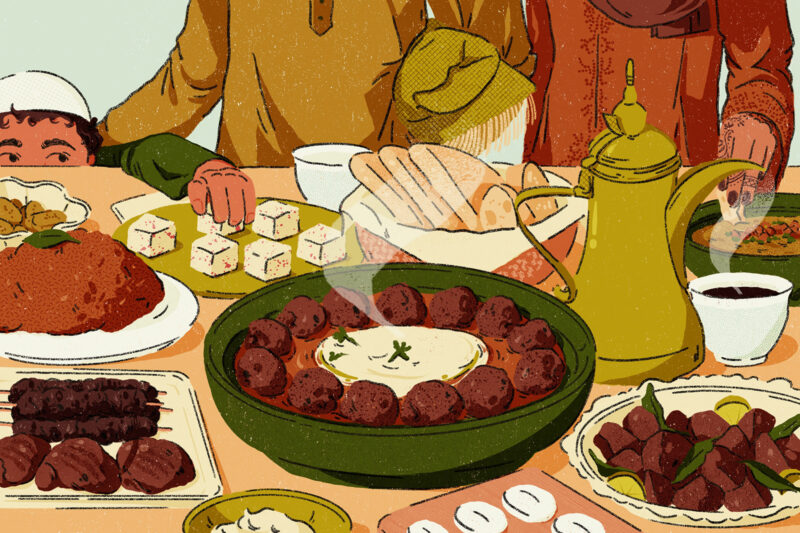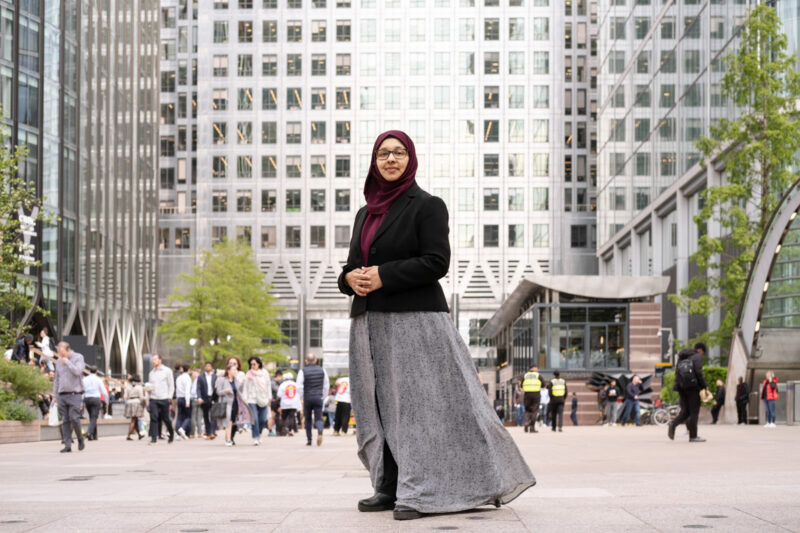‘My hijab is my strength. I see it as a crown on my head’
For World Hijab Day on 1 February, five women reflect on how Islamic attire can be a symbol of empowerment and identity
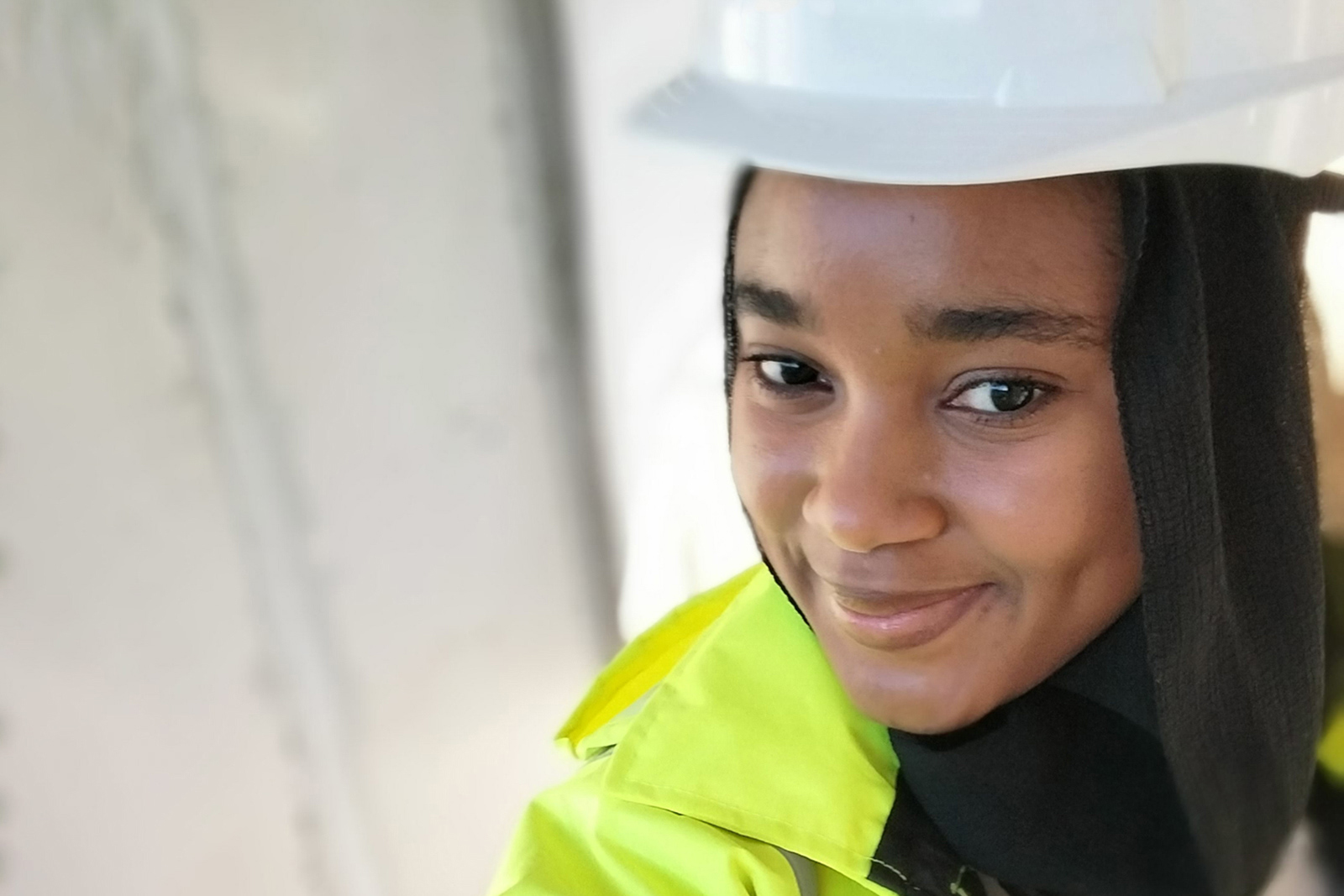
Zulaykha Sulyma, architect and construction worker, 31
How long have you been in construction?
I have been in the industry ever since I graduated school in 2014. I practised as an architect in Nigeria before moving to the UK in 2022. I’ve worked with two different construction companies.
What was getting into the construction industry like for you as someone who wears a hijab?
It was pretty easy because my dad has been in construction for a while too. I love my dad a lot and I just basically wanted to step in his shoes. I didn’t see being a woman or hijabi as an excuse not to chase my dreams. I just went for it.
When you decided to get into the construction industry, had you seen much representation of hijab-wearing women?
No, there was no representation. I think even in school, I was the only one who covered my hair. And it was, of course, male-dominated.
How would you describe your experiences as a hijab-wearing woman in construction?
I haven’t really experienced any negativity. I haven’t been looked down upon. I took the job with the utmost integrity and I put my best foot forward, so my head is always up. I am a Type A person and I do not care if I’ve been looked at a certain way. The gazes will come, but honestly, I don’t even bother looking back. I just keep it rolling.
Are there any challenges when it comes to wearing a hijab and protective construction clothing?
Yes, that’s always a struggle because with the hijab, sometimes, you keep fiddling with it. If you wrap it a certain way, it keeps coming off and sometimes that can be a bit clumsy. I think there was a point I had to request a bigger helmet to fit my bun and everything.
Is there anything you’ve learned about yourself as a hijab-wearing woman coming into this industry?
I have learnt that my hijab is my strength. It takes a lot to wear the hijab every day. I see it as a crown on my head. I just want others to know that being a hijabi woman in construction is about breaking barriers and obeying your Lord. So to me, it shows strength and resilience. I see this as my identity and I love it. (AM)
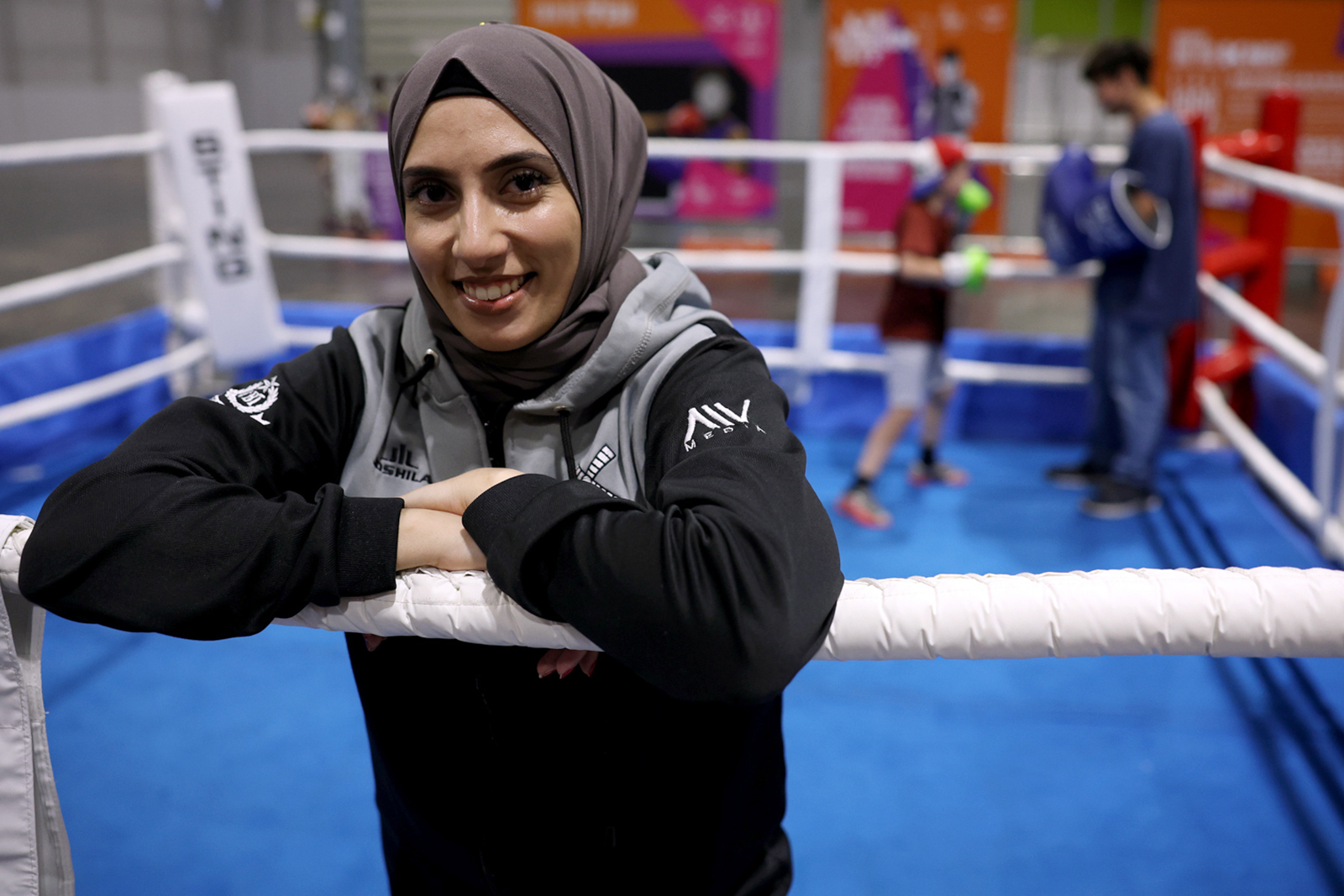
Haseebah Abdullah, boxing coach, 31
What does wearing a hijab mean to you?
It’s an act of worship and a command from God. I take pride in wearing the headscarf and pray I can always have the strength to wear it. It reminds me every day that I have a responsibility to represent my faith in the appropriate manner and motivates me to work on my inner self every day.
What is it like wearing a hijab in a boxing ring?
I have had my fair share of challenges. I definitely stand out, heads do turn, but it also helps break stereotypes and opens up conversation. Ultimately, the goal is to create safer places for Muslim women across sports to feel included and valued.
Can you describe any challenges you have faced and how you overcame them?
I was denied the opportunity to compete on an amateur level when I was a teen as the sport simply was not inclusive of women who choose to wear the hijab. I sent a study to the International Boxing Association, challenging the restrictions and highlighting how it excluded many women from the sport. I managed to get the rules overturned and now the boxing dress code is inclusive of all women.
What does it mean to you to be the first hijab-wearing boxing coach in the UK?
Being the first was unintentional. I just loved the sport, regardless of being the odd one out. Only after finding out that I was the first hijab-wearing coach did I realise how much we need to create a more inclusive environment.
What do you wish more people knew about the hijab and Muslim women?
I wish people could see the beauty in submission and the strength in the practice of wearing the headscarf. I hope I can be a good role model within my community, and I hope Muslim women are given fair opportunities, regardless of the field we are in. (SJ)
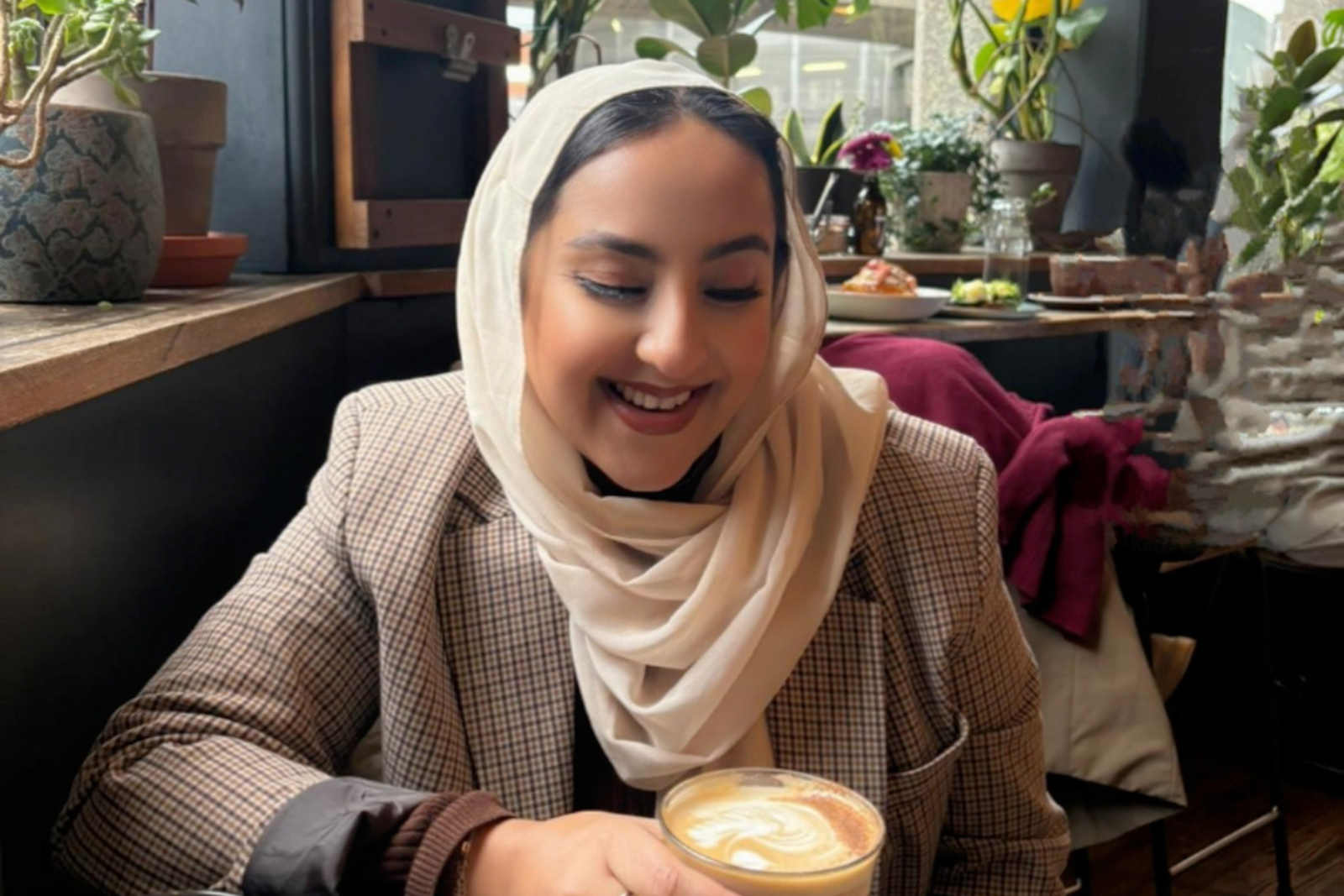
Fallaq Ujalla, data scientist & owner of Skylight Lounge, 31
Can you share your journey to wearing the hijab and what it represents?
I never thought I’d wear it, but I started wearing the hijab in 2022. Initially, I focused on other aspects of my faith, like praying five times a day. However, I prayed for guidance and read the Qur’an, which convinced me it was a part of my faith. A pivotal moment was seeing a video of a young woman in India standing up for her right to wear the hijab despite opposition. These experiences and personal moments like my grandfather admiring me in a scarf inspired me to embrace it. Now, it’s an integral part of who I am.
How has wearing the hijab shaped your experience as a business owner?
It’s made me proud, particularly in the cafe world, where hijabi business owners are underrepresented. It also challenges stereotypes. For instance, when we were nominated as one of the top 10 coffee shops in Bradford, I was on the front page wearing my hijab. It felt like representation mattered. I feel like I’m a role model and showing young girls that they shouldn’t feel limited by wearing the hijab.
Do you think wearing a hijab influences how people perceive you?
Many customers see me in the cafe and assume it’s a family business or think my husband owns it, which can be frustrating. I clarify that I run it independently, with support from my team. People also sometimes dumb me down or are surprised by my accomplishments, like my Stem career which I do alongside running a business. But it’s become a part of me, and I can’t imagine separating it from my identity.
How has your faith influenced your approach to business?
My faith guides every decision, from choosing decor to treating staff and customers with integrity. I pray for guidance at every step. A prayer space was also essential because I know how difficult it can be to find one in public. It’s been rewarding to see customers use it daily. (AR)
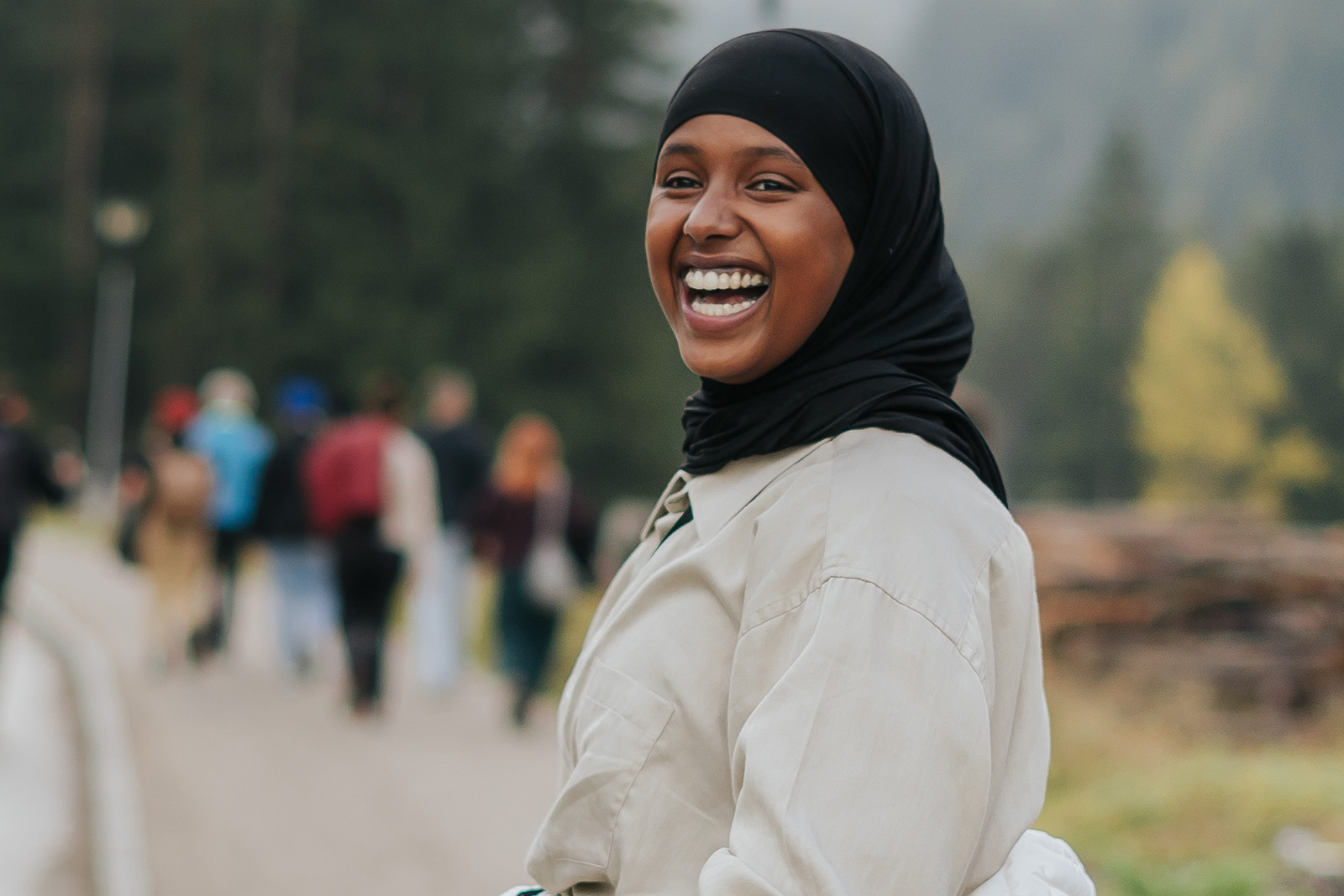
Amina Hassan, outdoor travel content creator, 27
How has wearing the hijab shaped your experiences exploring the outdoors?
The hijab hasn’t limited me in any way, though it does require some practical adjustments, like finding weather-appropriate and modest clothing. Prayer and religious obligations come naturally to me, as these were already part of my upbringing. Praying outdoors and being surrounded by nature is a spiritual experience and reminds me of Allah’s greatness.
Have you faced challenges as a visible Muslim woman in outdoor spaces and travelling solo?
Not significantly. While I’m aware that I might be the first Muslim woman some people encounter, I see it as an opportunity to represent the beauty of Islam. Growing up in an area with rampant Islamophobia, I’ve developed a sensitivity to microaggressions, but my interactions in rural areas have generally been positive. People are often curious rather than malicious, and rural communities tend to be welcoming.
Do you feel the representation of Muslim women in travel and the outdoors has improved?
Absolutely, there’s been a huge shift, especially post-lockdown, with organisations like Somali Hikers and Muslim Hikers creating inclusive spaces. Social media has also allowed people to see travelling from different perspectives. People can now experience travel through the eyes of Muslim women and women of colour. However, there’s still work to be done to make these spaces fully inclusive.
What changes would you like to see in outdoor spaces to make them more inclusive?
Diversity in representation is crucial. Outdoor spaces should reflect the UK’s multicultural makeup. People are more likely to engage when they see themselves represented. Historically, hiking is rooted in nomadic and indigenous communities, yet there’s been a disconnect between our heritage and being outdoors.
How do you hope your platform inspires other Muslim women to explore the outdoors?
I want to show that being a Muslim woman shouldn’t hinder you from pursuing your passions. Your hijab is not a barrier; it’s part of your identity and can empower you to live a fulfilling life. Start small, join local groups, and move at your own pace. The outdoors belongs to everyone, and I hope more women feel confident to claim their space. (AR)
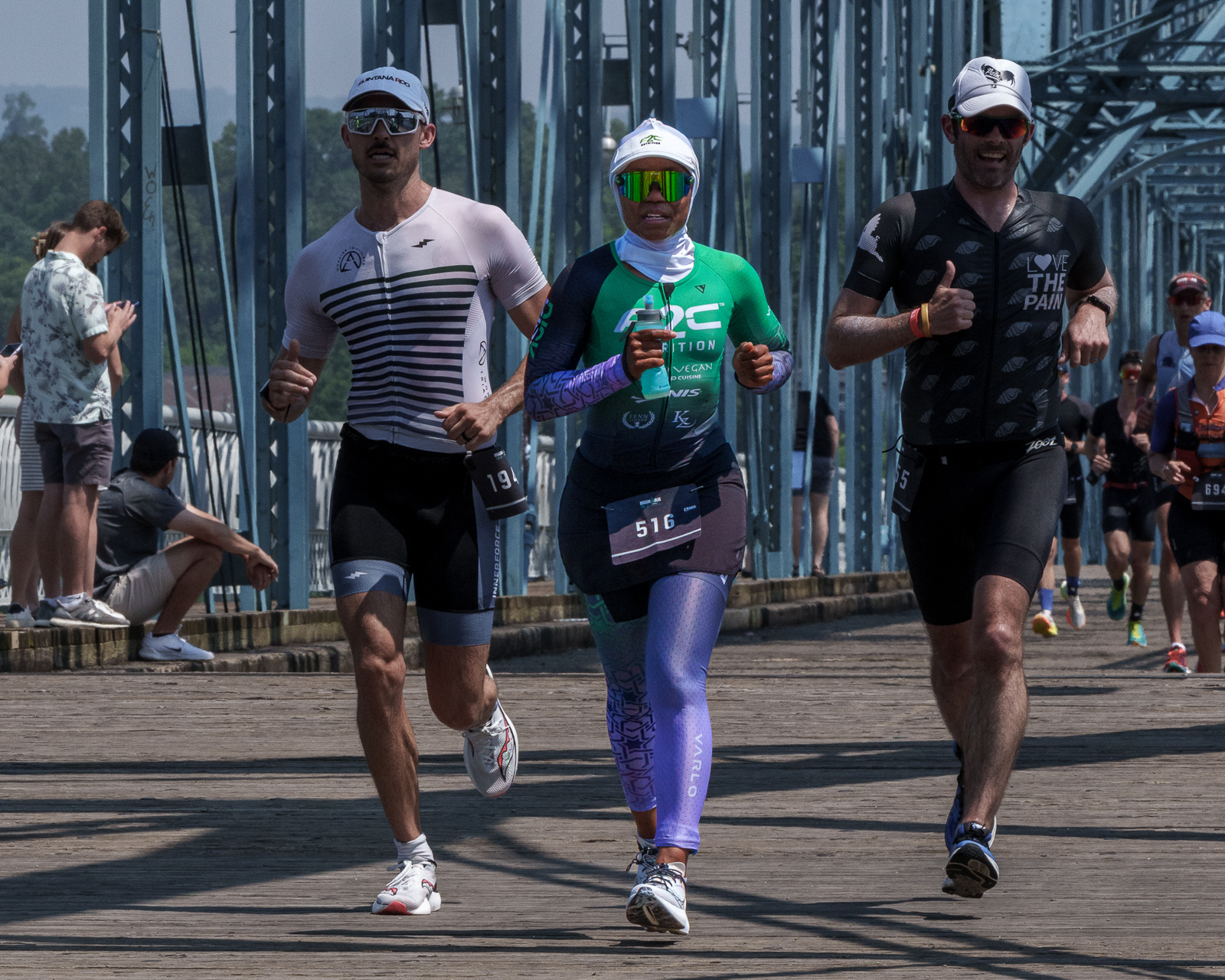
Khadijah Diggs, first hijab-wearing triathlete to represent the US, 55
How did you become a triathlete?
As a postgraduate student I joined Gamma Gamma Chi, a sorority for Muslim women. It was 2012, I was 40 years old, we were doing a health initiative and I signed up for a triathlon – I loved it.
Seeing all the women of different shapes and sizes just doing their thing and encouraging each other — I think that’s what really got me. I also loved the challenge. I was a runner in college and I always did open water swimming, it was something I did with my father. A week later I signed up for two more triathlons.
Did you imagine you would represent the US?
Absolutely not. Competing internationally was a bit stressful. I didn’t realise that no other woman in a hijab has done it before and that really set off my spark. Because I might have been the first, but I knew I wouldn’t be the last Muslim woman to compete, and I wanted to make sure that the women who come after me have access to appropriate kits.
What was it like being the first hijab-wearing triathlete to compete internationally for the US?
When I first joined the national team in 2016 there were no provisions made for modest uniforms. I had to get in touch with the company that was designing our kits at the time and we worked on a kit together. Then, because my kit was not standard, I had to speak to the race director ahead of each race. It was very stressful. I would always arrive a day early and make sure I could meet the race director. I even had one race when they tried to pull me from the starting line even after they approved my kit.
It took six years of campaigns, but finally in 2023 both World Triathlon and USA Triathlon had rules on the books regarding full body coverage kits for Muslim women and people with skin conditions.
What has your personal journey with the hijab been like?
I converted to Islam when I was 19. I was influenced by my friend in college who was studying ancient languages and was translating the oldest surviving Bible text from Aramaic. I didn’t wear the hijab straight away, I started with headwraps. Then I started wrapping my hair every day and I began experimenting with different styles. It felt natural.
I think it’s important not to force young girls to wear hijab but to communicate the significance of it and allow them to make that choice and that transition on their own.
What does the hijab mean to you?
Some people look at the hijab as a burden or a detriment. For me it was a sense of freedom.
This year I competed in the World Ironman Championships in Nice, France, to celebrate Muslim women who are racing and also in protest of the law banning Muslim women in hijab from sports in France. I wanted to compete so they would see me racing in my hijab. The race was amazing. It was empowering.
Starting the race, I felt the weight of the world on my back. Crossing the finish line was everything. (WS)
 Newsletter
Newsletter

